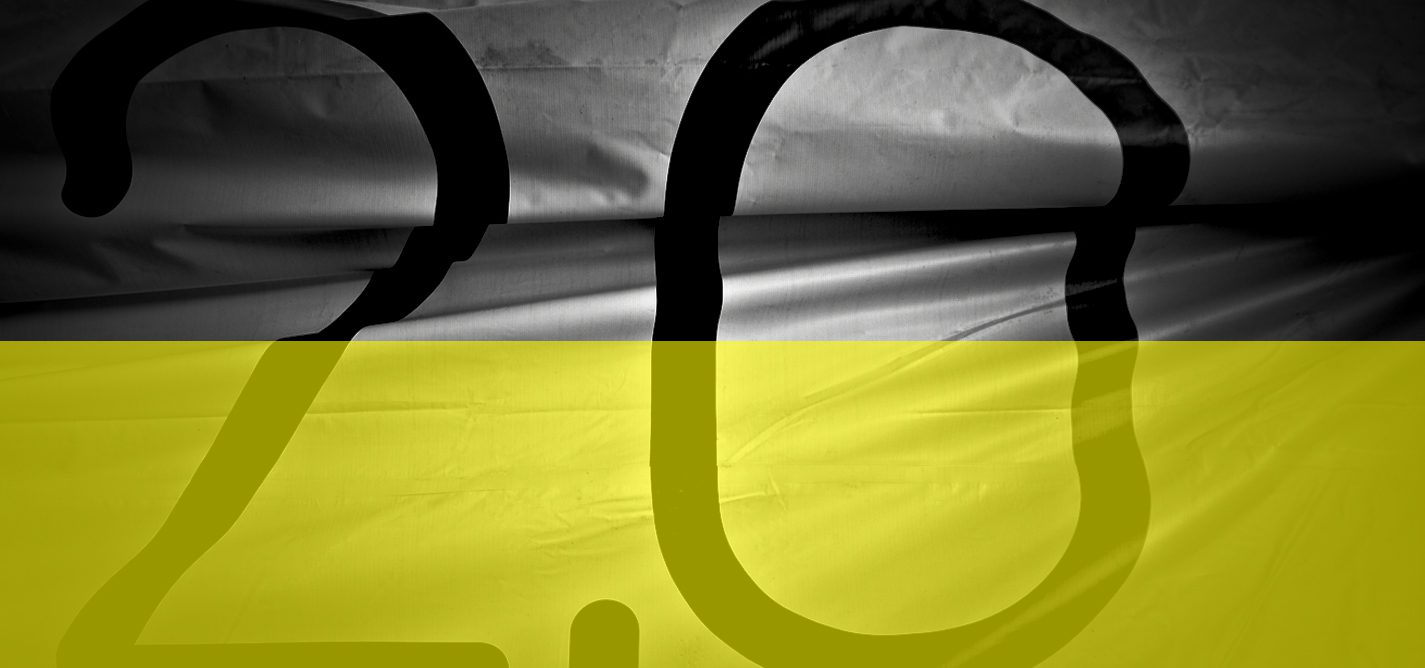
Welcome to K2.0’s online magazine
As we move toward a new era, K2.0 will continue to challenge, provoke and inspire.
An independent media must remain grounded on ethical principles and recognize the power of words.
Long-form, narrative journalism is a format that continues to be relevant, regardless of how we are constantly made to believe otherwise.

Besa Luci
Besa Luci is K2.0’s editor-in-chief and co-founder. Besa has a master’s degree in journalism/magazine writing from the University of Missouri’s School of Journalism in Columbia, U.S..
DISCLAIMERThe views of the writer do not necessarily reflect the views of Kosovo 2.0.
This story was originally written in English.